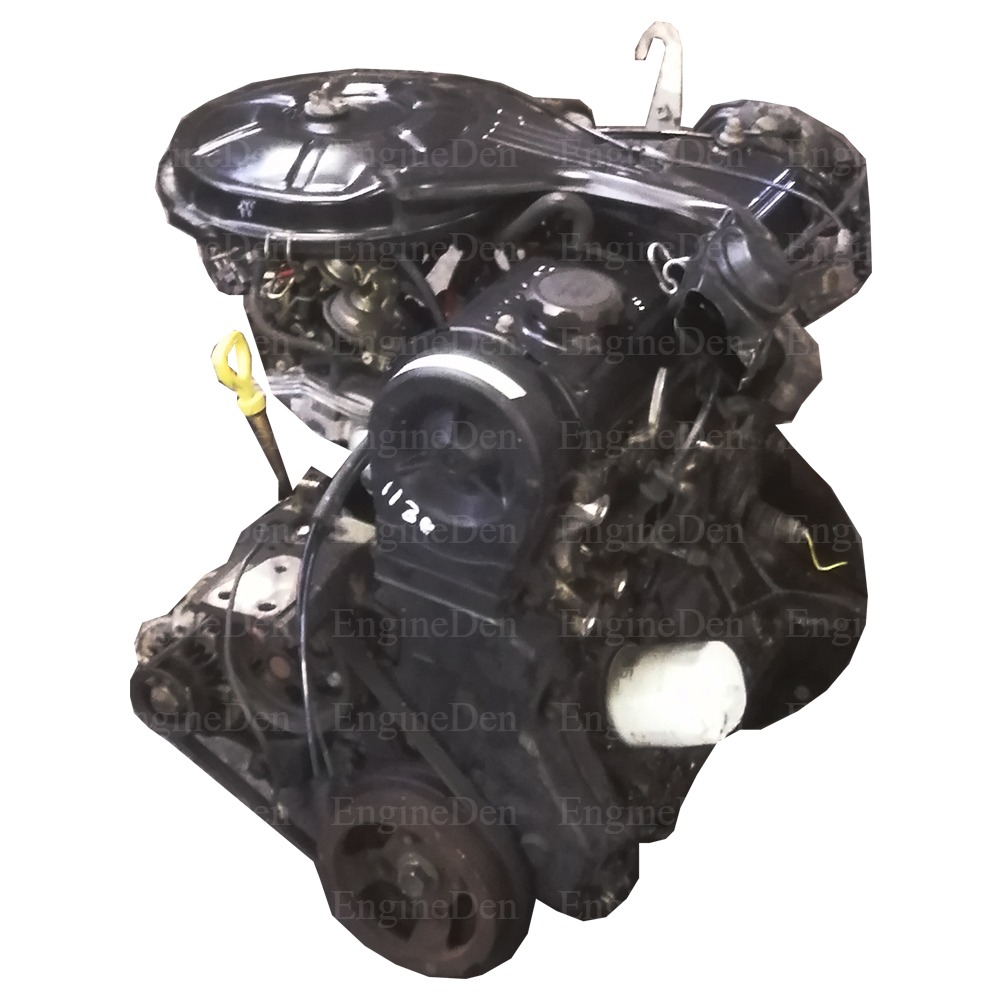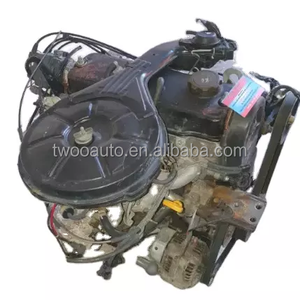Transform Your Lorry: Toyota Tazz Engine for Sale at Unbeatable Costs
Transform Your Lorry: Toyota Tazz Engine for Sale at Unbeatable Costs
Blog Article
Engine Purchasing Expert Tips on Choosing the Right Engine for Your Certain Needs
Choosing the best engine for your particular requirements entails an intricate interplay of aspects that exceed mere horsepower numbers. From power result to sustain effectiveness, the decision-making process can be discouraging. Understanding the nuances of engine types, dimensions, and their compatibility with your lorry is important. There are expert suggestions that can aid navigate this terrain with confidence. By diving into the intricacies of power versus efficiency, assessing gas scores, and budgeting for long-term expenses, one can really enhance their engine choice.
Power Vs. Performance: Discovering the Equilibrium

When selecting an engine, it is vital to strike a balance in between power and effectiveness to fulfill your specific demands successfully. Power refers to the engine's capacity to produce energy for propulsion, determining aspects like acceleration, hauling capability, and total efficiency (Toyota Tazz Engine For Sale). On the other hand, effectiveness associates with exactly how well the engine utilizes gas to create power, affecting aspects such as fuel economic situation and ecological kindness
Accomplishing the best balance in between power and performance is necessary since an engine that is as well effective may eat too much gas, leading to higher operating costs and unnecessary strain on the atmosphere. On the other hand, an engine that focuses on efficiency over power may cause slow-moving efficiency, especially sought after circumstances like towing heavy lots or driving uphill.
To make a notified choice, think about elements such as your normal driving problems, the desired usage of the car, and your personal choices. By evaluating your requirements and top priorities, you can pick an engine that strikes the best balance in between power and performance, ensuring optimum efficiency while lessening environmental impact and operating expense.
Understanding Engine Dimension and Kind

Common engine types include inline engines, V engines, and rotary engines, each with its one-of-a-kind advantages and downsides. Comprehending the interaction in between engine dimension and kind is crucial in selecting an engine that straightens with your specific requirements and priorities, whether it be power, performance, or a balance of both.
Consider Your Vehicle's Demands
If you are looking for an engine for a durable truck that will certainly be used for towing, you will require a powerful engine with high torque capabilities. On the other hand, if you are picking an engine for a portable vehicle primarily used for city travelling, gas effectiveness may be an extra vital aspect to consider.

Examining Gas Effectiveness Rankings
Analyzing fuel effectiveness rankings is an essential facet of picking the right engine for your vehicle, making sure price savings and environmental sustainability. Fuel effectiveness rankings, normally gauged in miles per gallon (MPG) for gas engines or kilowatt-hours per 100 miles (kWh/100 miles) for electrical engines, show how much a car can take a trip on a details quantity of fuel or power. Higher MPG or lower kWh/100 miles values represent a lot more efficient engines, translating to reduced gas costs and reduced carbon discharges.
When reviewing gas performance scores, consider your driving needs and routines. If you commute long ranges daily, an extremely fuel-efficient engine can result in significant cost savings over time. In addition, compare various engine choices within the index very same car class to determine the most cost-effective selection. Elements such as engine dimension, weight, aerodynamics, and crossbreed or electrical abilities can all affect fuel effectiveness.
Budgeting for Long-Term Expenses
Purposefully intending for lasting expenditures is imperative when selecting an engine, ensuring financial sustainability over the vehicle's life-span. While the first acquisition cost of an engine is a considerable element, it is important to think about the long-term costs linked with upkeep, repair work, and fuel consumption.
Moreover, looking into the schedule and expense of replacement components for the chosen engine is important in budget preparation. Engines with budget-friendly and readily offered components can substantially impact lasting maintenance expenses. In addition, thinking about the engine's sturdiness and expected life expectancy can help stay clear of unforeseen substitute expenses in the future. By carefully budgeting for these long-lasting expenditures and factoring them right into the decision-making process, individuals can choose an engine that not only satisfies their immediate needs but also remains affordable throughout its life-span.
Verdict
In conclusion, choosing the appropriate engine for your specific requirements calls for stabilizing power and efficiency, comprehending engine dimension and kind, considering your car's demands, reviewing fuel efficiency scores, and budgeting for long-lasting prices. By thoroughly thinking about these factors, you can guarantee that you select an engine that satisfies your demands and gives optimal performance for your car.
To even more fine-tune the choice procedure of an engine that strikes the optimum equilibrium in between power and performance, it is vital to dive right into the details of understanding engine size and type. Engine size refers to the overall volume of air and fuel that can be pushed with the engine cylinders. Usual engine kinds include inline engines, V engines, and rotary engines, each with its distinct advantages and disadvantages. Recognizing the interplay in between engine dimension and type is essential in choosing an engine that lines up with your certain demands and concerns, whether it be power, efficiency, or a balance of both.
Fuel efficiency rankings, usually determined in miles per gallon (MPG) for gasoline engines or kilowatt-hours per 100 miles (kWh/100 miles) for electrical engines, show exactly how far a vehicle can take a trip on a details amount of gas or power.
Report this page